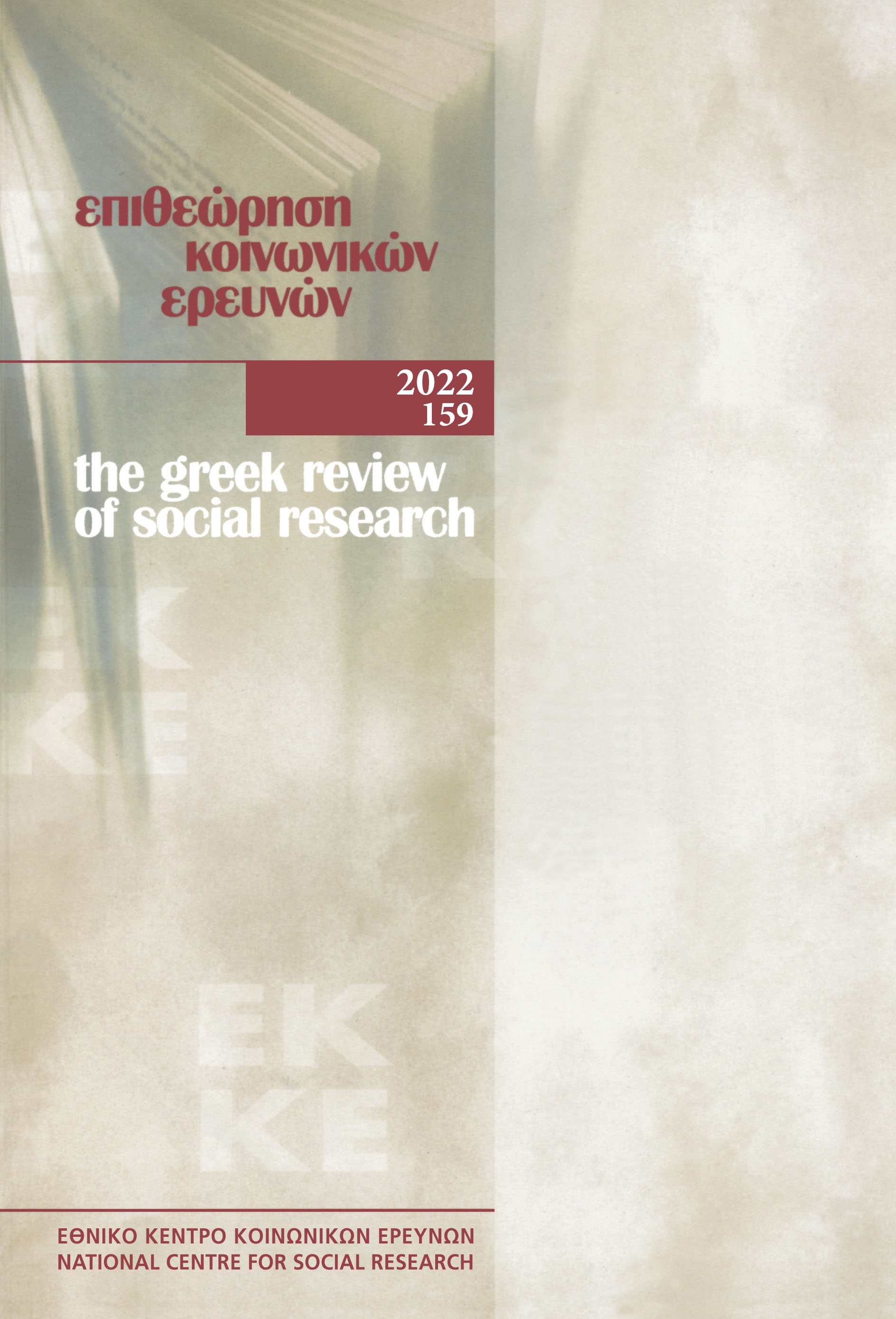A typology of research designs in qualitative research

Abstract
In this article we argue that causal knowledge constitutes the epistemological knowledge claim which differentiates case studies research designs from biographical, narrative and ethnographic research designs in which different knowledge claims are produced. By drawing upon the social ontology of Critical Realism, we propose the idea that causal knowledge is tied up with typological theorizing and relational mechanisms. We develop a typology of case studies research designs according to whether or not theory covers conditions or outcomes related to the phenomenon of interest, and from which (theory) specific kinds of case selection are implemented. We provide detailed accounts on the reasons why case studies are a powerful methodological tool for theory development and for producing causal explanations.
Article Details
- How to Cite
-
Christodoulou, M. (2022). A typology of research designs in qualitative research. The Greek Review of Social Research, 159, 91–121. https://doi.org/10.12681/grsr.30827
- Issue
- 2022: 159
- Section
- Articles

This work is licensed under a Creative Commons Attribution-NonCommercial 4.0 International License.
Authors who publish with this journal agree to the following terms:
- Authors retain copyright and grant the journal right of first publication with the work simultaneously licensed under a Creative Commons Attribution Non-Commercial License that allows others to share the work with an acknowledgement of the work's authorship and initial publication in this journal.
- Authors are able to enter into separate, additional contractual arrangements for the non-exclusive distribution of the journal's published version of the work (e.g. post it to an institutional repository or publish it in a book), with an acknowledgement of its initial publication in this journal.
- Authors are permitted and encouraged to post their work online (preferably in institutional repositories or on their website) prior to and during the submission process, as it can lead to productive exchanges, as well as earlier and greater citation of published work (See The Effect of Open Access).


